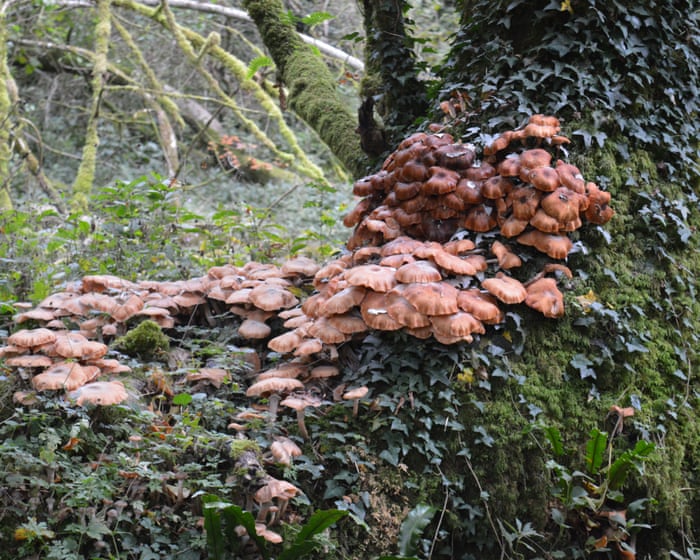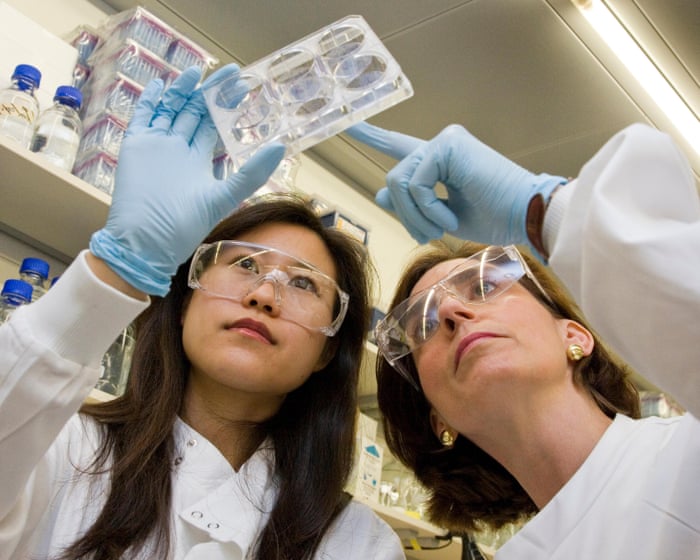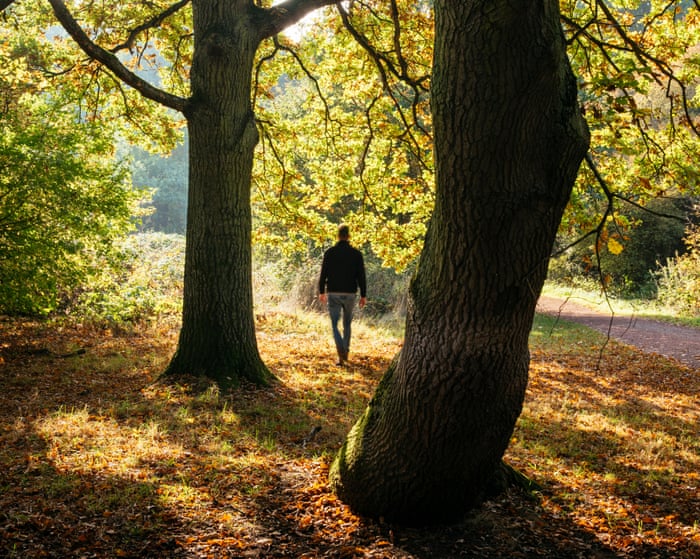Hot summer and damp autumn cause UK boom in destructive honey fungus
NegativeScience

The UK is facing a significant rise in honey fungus, a destructive tree-killing disease, which has surged by nearly 200% this year due to the hot summer and damp autumn linked to the climate crisis. This alarming increase, reported by iNaturalist, highlights the urgent need to address climate change as it poses a serious threat to forests and biodiversity. The situation serves as a stark reminder of how environmental changes can lead to unforeseen consequences, impacting both nature and the economy.
— Curated by the World Pulse Now AI Editorial System





